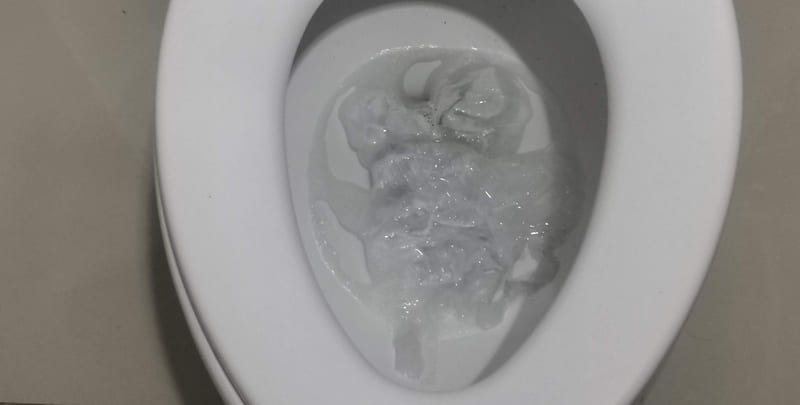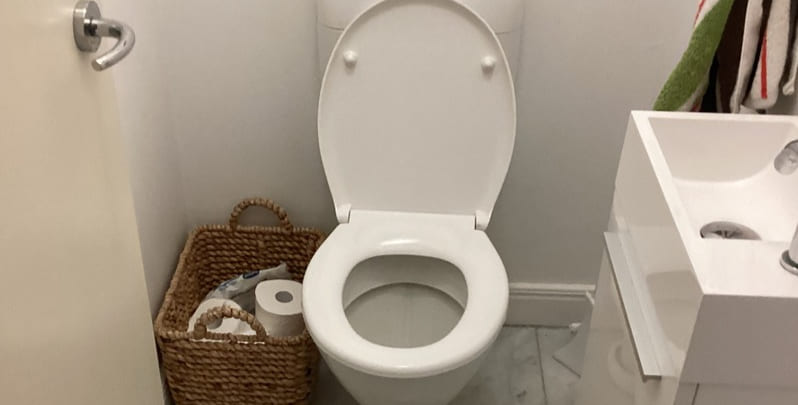How to Unblock a Toilet
Let’s face it—everyone has encountered the dreaded blocked toilet at least once in their lifetime. Whether it’s due to human error or something unexpected, such blockages can wreak havoc on your plumbing system and even affect your home. It’s crucial to address the issue promptly to prevent further complications.
We understand that persistent clogs can disrupt your daily routine and become quite stressful. Often, we take functioning toilets for granted. However, depending on the severity of the blockage, you might be able to resolve it using simple household items. This way, you can avoid the hassle of calling a plumber! Let’s dive into some practical methods to unblock your toilet and restore its functionality. Just remember to grab a pair of rubber gloves before you begin.
Identifying What’s Causing Your Toilet Blockage
Before exploring solutions, it’s essential to identify what’s causing the blockage. Common culprits include:
- Excessive toilet paper usage
- Flushable wet wipes or baby wipes
- Tissues
- Other foreign objects
You might notice flushable wipes on the list and wonder if they’re truly safe. Despite their label, most wipes are made of materials that don’t dissolve in water, which can lead to significant blockage issues. We highly recommend avoiding flushing these items down the toilet.

Effective Methods to Unclog Your Toilet
Have you ever wondered how to unclog a toilet without a plunger? There are multiple approaches you can try. While plungers are a reliable and straightforward tool, there are alternatives. Consider using:
- Homemade drain cleaners
- Augers or plumbing snakes
- DIY plumbing snakes
- Liquid dish soap combined with hot water (avoid boiling water)
- Over-the-counter drain cleaners (as a last resort)
- Even a toilet brush!
When attempting a DIY method, such as using dish soap and hot water, ensure you fully understand the process and proceed carefully. Many of these techniques carry risks, such as damaging your pipes or pushing the blockage further down. If you’re uncertain about your ability to clear the blockage or if the problem persists, contact Metropolitan Plumbing for professional assistance.
The Importance of Proper Preparation
Preparation is vital before attempting to unclog your toilet. If you’ve already flushed and notice that the toilet isn’t draining correctly, refrain from flushing again. Doing so will only worsen the situation, leading to overflow and a messy cleanup. To minimize the mess, place newspaper or paper towels around the base to absorb any spills. Don’t forget to wear rubber gloves to protect yourself from unsanitary conditions.
Using a Plunger to Unclog a Toilet
We’ve discussed methods to unclog a toilet without a plunger. Now, let’s focus on using one effectively. Plungers work best for blockages caused by excessive toilet paper. Avoid using a standard kitchen or shower plunger. Instead, opt for a heavy-duty plunger with a flanged head designed specifically for toilets.
Warm up the plunger under hot water before starting. This softens the rubber and ensures a proper seal with the toilet bowl. Submerge the plunger completely, ensuring it covers the entire opening. If needed, add water from the tap to achieve the right level. Begin pumping rhythmically to dislodge the blockage. Success may not happen instantly, but you’ll know when it does. Afterward, flush the toilet to confirm it’s functioning properly.
Cleaning Your Blocked Toilet with Chemical Solutions
There are three primary types of chemical solutions you can use to tackle a stubborn toilet clog:
- Enzyme-based products
- Homemade drain cleaner using baking soda and vinegar
- Commercial drain cleaning chemicals
We recommend trying these in the listed order. Enzyme-based products are the safest and most effective way to clear blockages. These enzyme blends break down solid waste and are widely available in plumbing supply sections. Unlike harsh chemical cleaners, enzymes are gentle on your pipes and environmentally friendly. Follow the instructions on the packaging for optimal results.
Baking Soda and Vinegar
For those preferring natural solutions, baking soda and vinegar offer a viable alternative. To prepare this mixture, gather:
- 2 liters of hot water (not boiling)
- 1 cup of baking soda
- 2 cups of vinegar
Pour the hot water into the toilet, followed by the vinegar and baking soda. Leave the mixture overnight. It will fizz considerably, but if everything goes smoothly, it should eliminate the blockage. Note that this method works best for organic matter blockages. If the problem persists, you likely have a solid obstruction.
Hot Water and Dish Soap
Another simple approach involves hot water and dish soap. Start by adding a generous amount of dish soap to the toilet bowl. Next, pour hot water from waist height to create pressure. The water helps the soap break down organic matter. Allow the mixture to sit for a few minutes before flushing. This combination should alleviate the blockage, restoring normal drainage. Repeat if necessary, but seek professional help if the issue continues.
Using a Plumbing Snake
A plumbing snake, also called a drain snake or auger, is a flexible rod with a sharp head designed to navigate deep into your toilet’s drain. It’s ideal for solid obstructions located farther down the pipes. If the situation is severe, you might need professional assistance. However, if you’re determined to handle it yourself, follow these steps:
Insert the snake into the drain until you feel resistance. Twist the auger to spin the sharp head, breaking the obstruction into smaller pieces. This makes it easier for the debris to flush away. Be prepared to clean up afterward, perhaps with the help of a toilet brush.

DIY Tools for Unclogging
Alternatively, you can create a makeshift auger by straightening a wire coat hanger and attaching a rag to one end. Insert the hooked end into the drain as you would with a plumbing snake. Without the specialized head, your goal is to push the blockage forward. However, this method carries risks, as it may push the obstruction further into the drain. Use it only as a last resort.
When Professional Help Is Necessary
Despite your best efforts, if the blockage persists or worsens, it’s time to call in a professional. A blocked toilet can escalate into a serious issue, so don’t hesitate to seek expert assistance. If methods like using a wire coat hanger or baking soda and vinegar prove ineffective, contact Metropolitan Plumbing for a long-term solution. Our team uses advanced tools to tackle even the toughest blockages. Additionally, we ensure your toilet cistern is functioning optimally. Contact us today for reliable service!
Please note: This information is intended for educational purposes only. Local regulations vary, so always consult professionals or local authorities before attempting repairs. Read our Terms & Conditions here.
--- This version retains the original message while refining the tone and structure for a more engaging and conversational style.SHUAIGANG DIE SET(YIXING) Co.,LTD. , https://www.shmouldbase.com